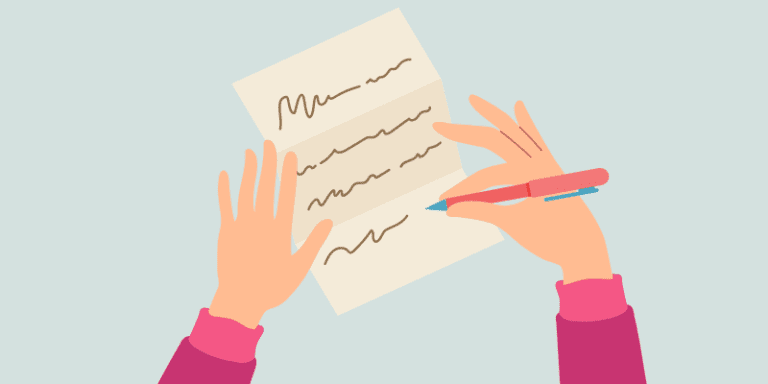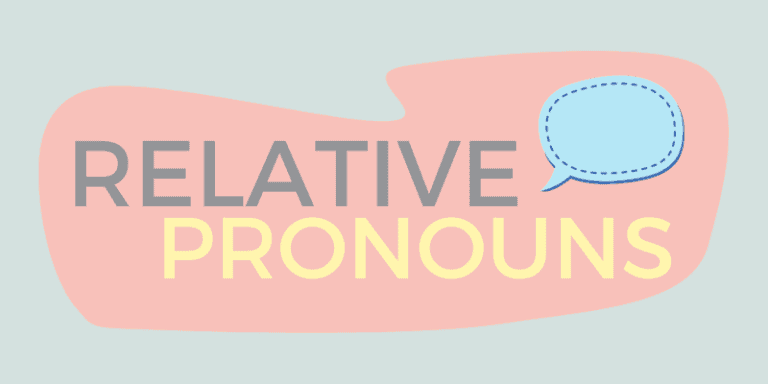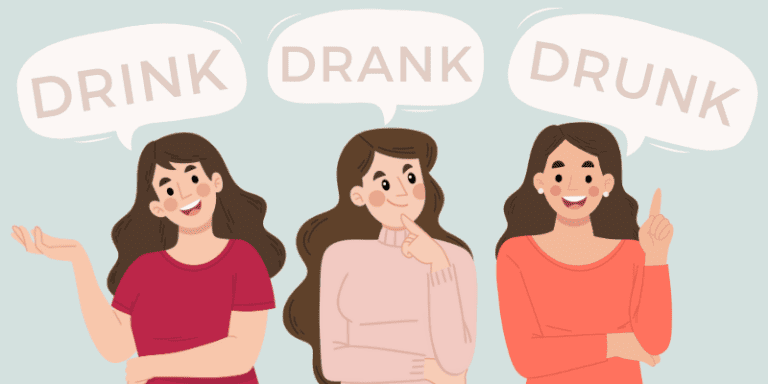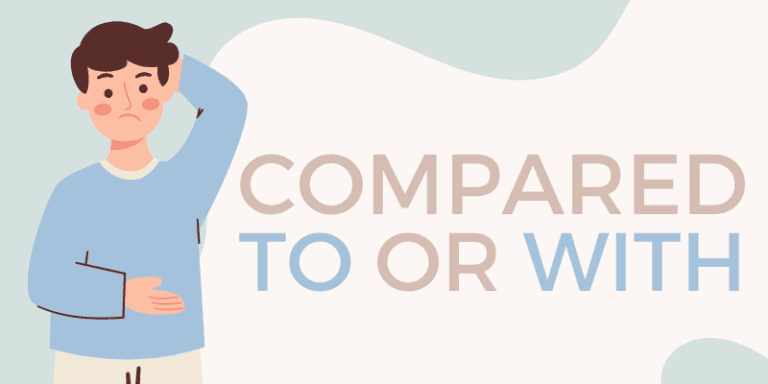Writing in First, Second, and Third Person – Ultimate Guide (Worksheet Included)
Creative writers like me use point of view as the lens through which they relay a narrative. There are three basic perspectives, but there is no right perspective that should be used for a best-seller. I prefer to write and read in first-person POV, but third-person is good, too. Examine …




